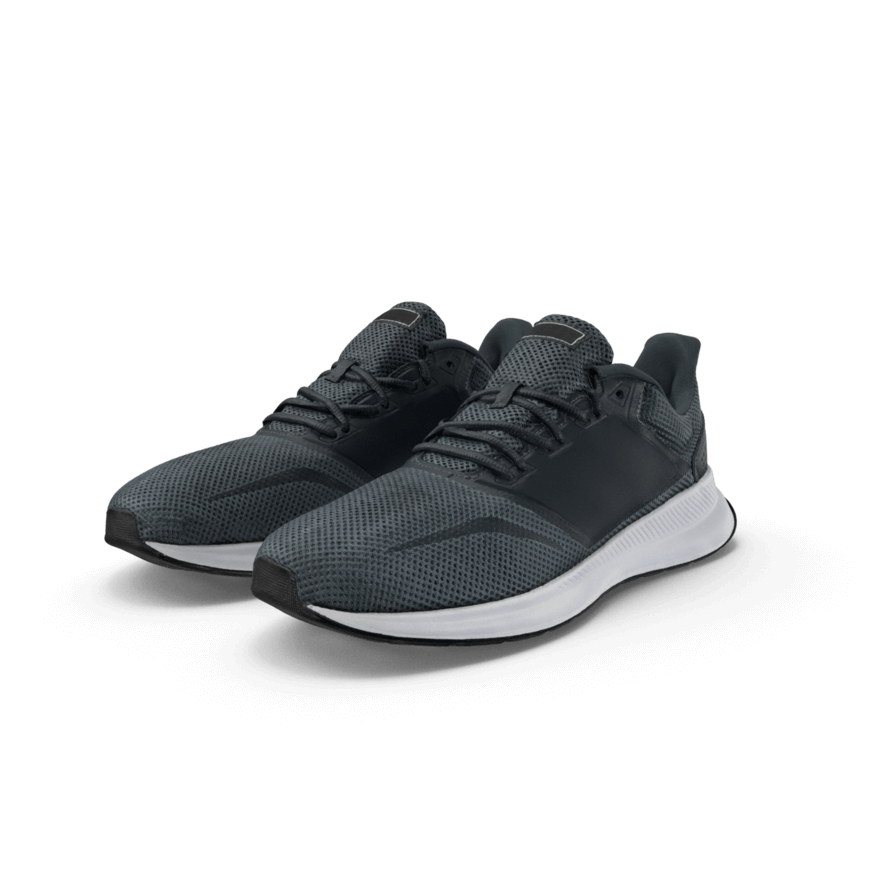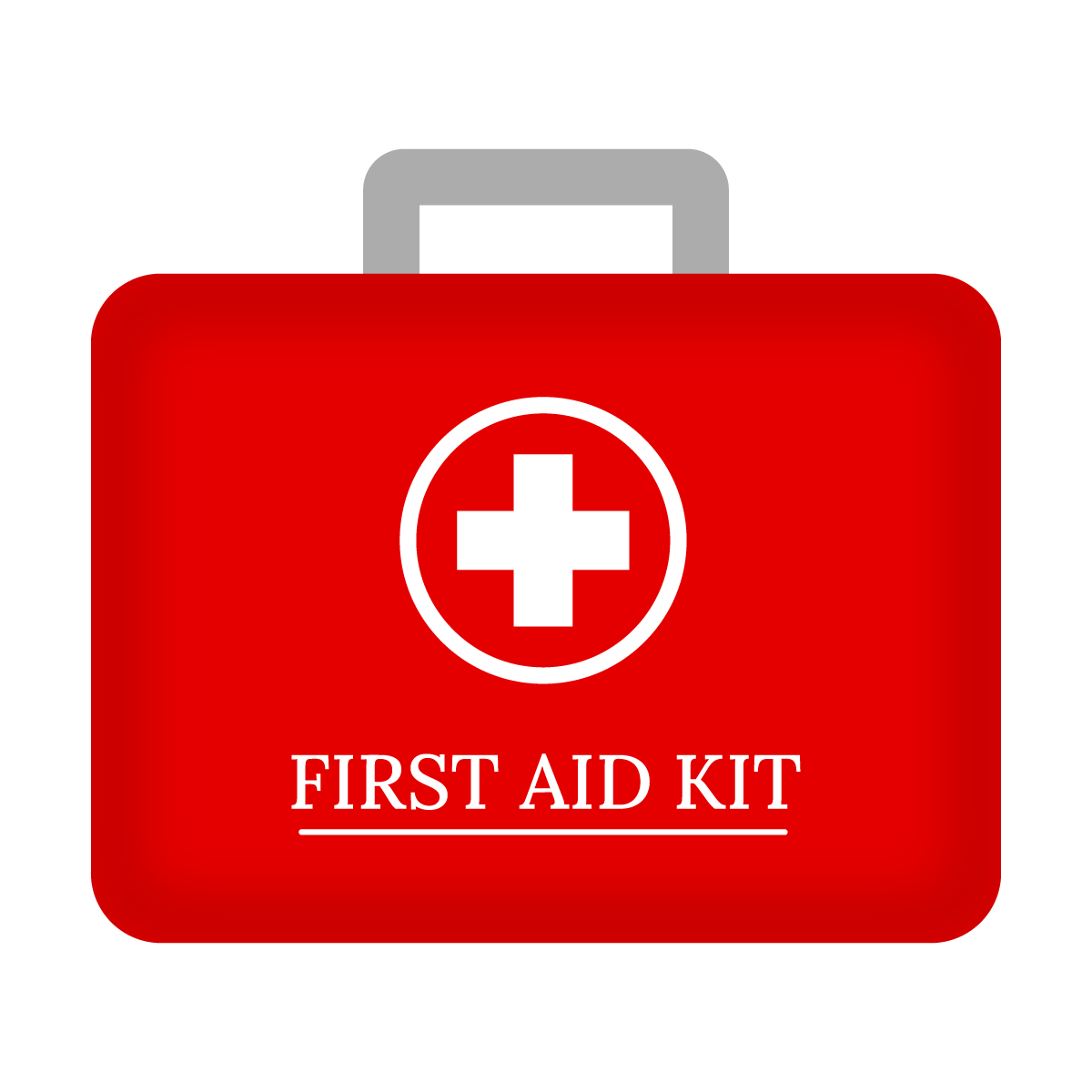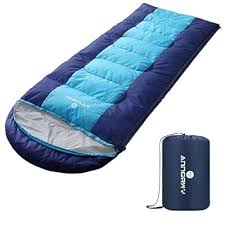Hiking Essentials: Gear Up for Adventure
Whether you’re setting off on a short trail or tackling a multi-day trek, having the right gear can make or break your hiking experience. Preparation isn’t just about comfort—it’s about safety, efficiency, and being able to truly enjoy the journey. Here’s a guide to the hiking essentials that every adventurer should pack before hitting the trail.
1. The Right Footwear
Your feet do the heavy lifting, so treat them well. Choose hiking boots or shoes that are suitable for your trail type—lightweight trail runners for smooth terrain or sturdy, waterproof boots for rocky or wet conditions. Break them in before your hike to avoid painful blisters.

2. Navigation Tools
Don’t rely solely on your phone. While GPS apps are great, they can fail without signal or battery. Always carry:
- A physical map
- A compass
- A fully charged phone with offline maps
- Optional: A GPS device or smartwatch with navigation features
3. Hydration System
Staying hydrated is key. Bring:
- At least 2 liters of water
- A hydration bladder or durable water bottles
- A water filter or purification tablets if you’re hiking near natural water sources
4. Food and Snacks
Fuel your body with nutrient-rich snacks and meals:
- Trail mix, jerky, protein bars, and dried fruit
- Lightweight, high-calorie meals for longer hikes
- Emergency rations (just in case)
5. Weather-Appropriate Clothing
Dress in layers and be ready for changing weather conditions. Essentials include:
- Moisture-wicking base layers
- Insulating mid-layer (like fleece or down)
- Waterproof outer shell
- Hat, gloves, and sunglasses for sun or cold
- Extra socks
6. Safety Gear
Accidents can happen, even on short hikes. Pack:
- A first-aid kit
- Whistle
- Emergency blanket
- Headlamp or flashlight (with extra batteries)
- Multi-tool or knife

7. Sun and Bug Protection
Keep yourself protected from the elements:
- Sunscreen and SPF lip balm
- Sunglasses with UV protection
- Bug spray or insect repellent wipes
- Lightweight, long-sleeve clothing if bugs are a concern
8. Backpack
Choose a pack that fits comfortably and suits your hike length:
- Daypacks (10–30L) for short hikes
- Mid-size packs (30–50L) for longer day trips or overnight hikes
- Hydration-compatible designs are a bonus
9. Shelter (for Overnights or Emergencies)
If you’re staying overnight—or in case you get stranded:
- Tent or bivy sack
- Lightweight sleeping bag and pad
- Emergency tarp or space blanket

10. Leave No Trace Tools
Respect nature and preserve it for future adventurers:
Trash bags to carry out waste
Trowel for burying human waste (if required)
Biodegradable soap
